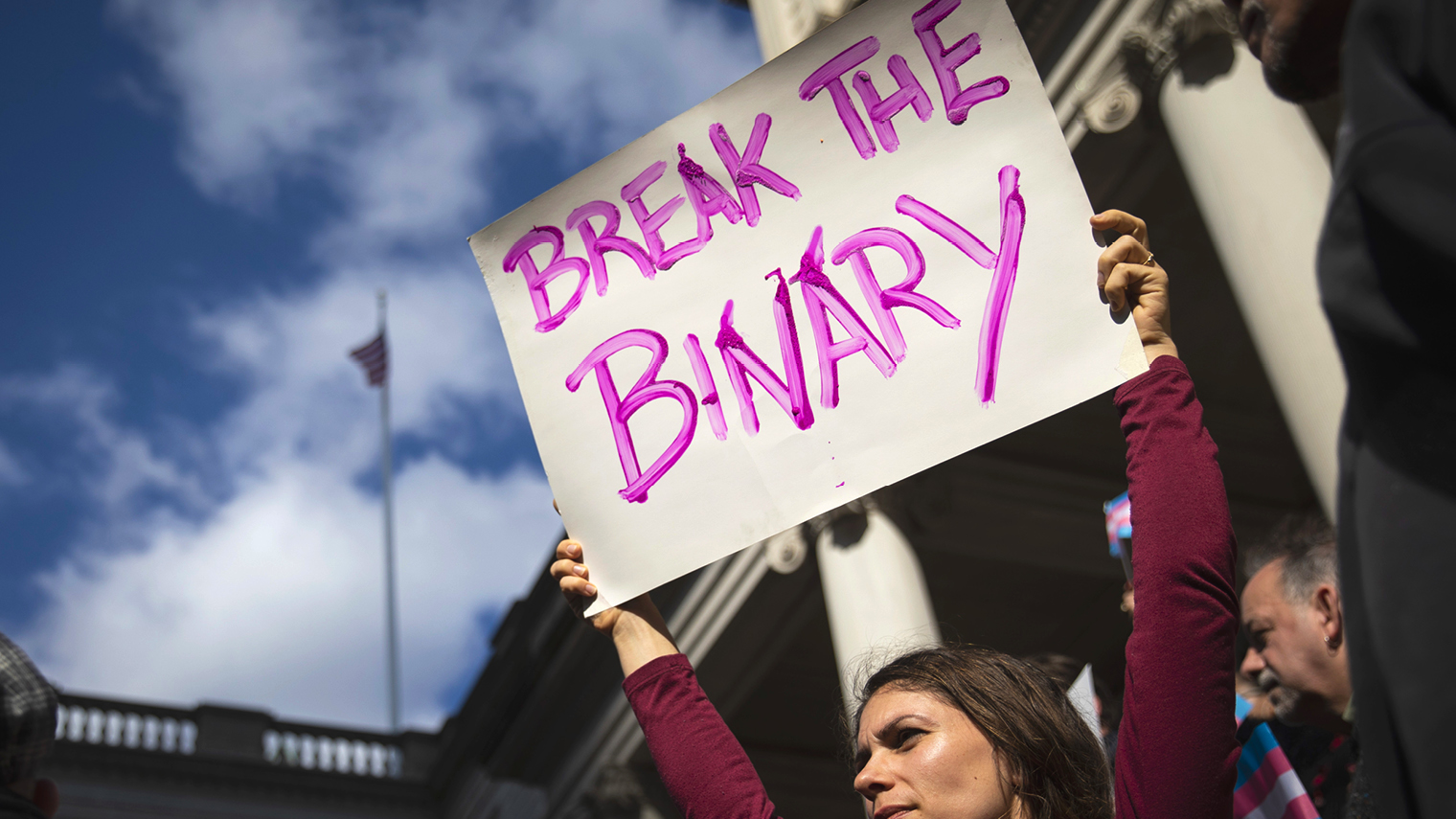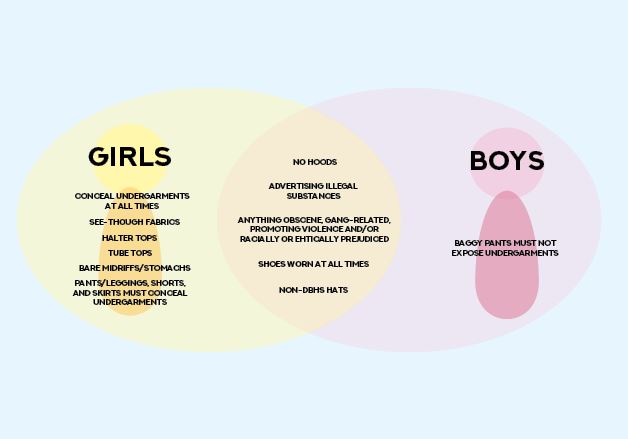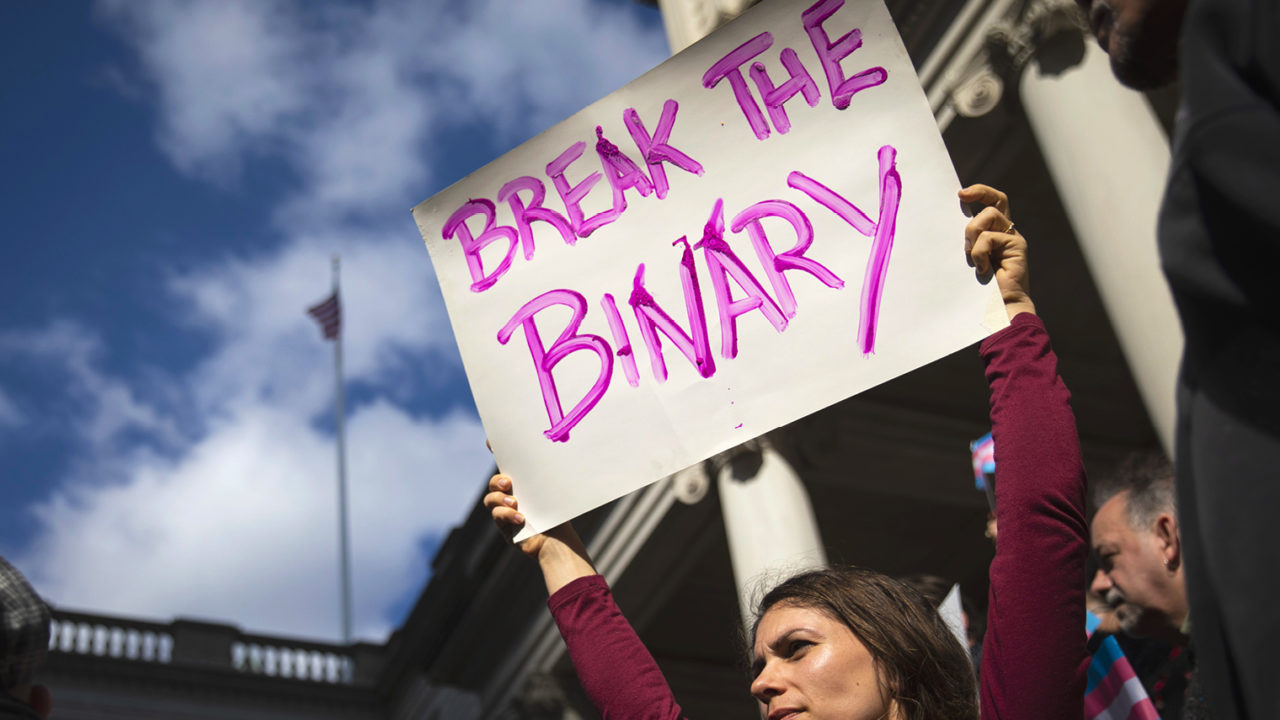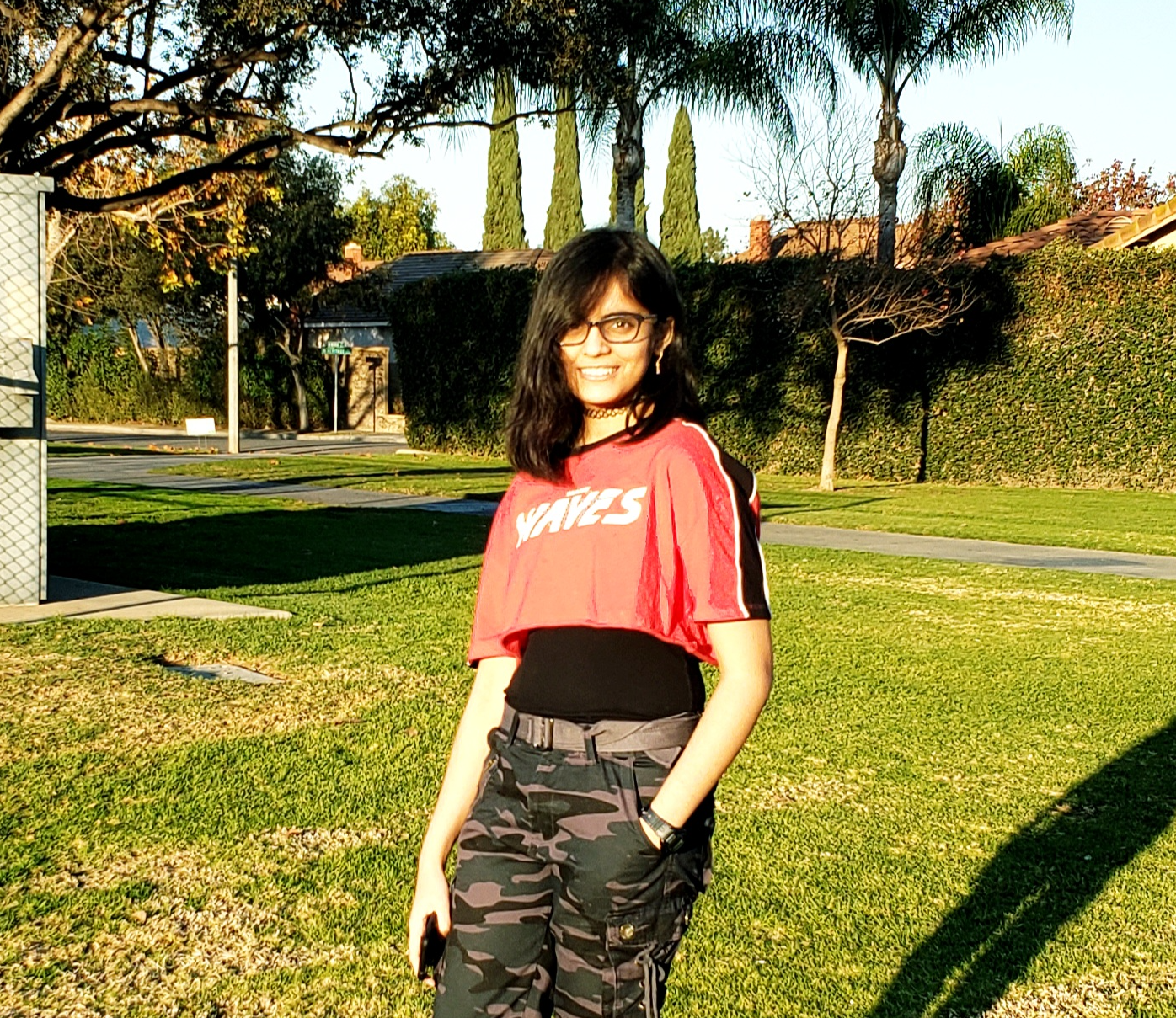Sexism is any expression (act, word, image, gesture) based on the idea that some persons are inferior because of their sex. Sexism affects people negatively and limits what each gender – male, female, non-binary, or transgender – can do or cannot do by establishing what they should do. Subconscious biases towards each gender exist in almost all spheres of life, including on the professional level. Take the example of the practice of men working together because they are more “comfortable” with each other. This practice is common among women as well and can be the cause of a gender divide as segregation can lead to biases, like the belief that one’s gender is “better” than the other’s, or the other genders are not as trustworthy as one’s own.
Women face subtle sexism from a young age, a typical example being the school dress code. While some basic and essential guidelines concerning dress codes are necessary, there are much more policies for girls than boys. Schools are far more strict with girls, since they believe girls wearing “revealing” clothes are a distraction for boys, and instead of teaching boys to respect what girls choose to wear, they force strict dress codes on girls. Such discriminatory actions displaying sexist behaviour at the school level has a lasting impact on impressionable minds.
The use of discriminating headlines by the media and popular websites is another example. It includes commenting on their figure and choice of outfits more than their achievements, referring to them not by their own name but that of their spouse or parent, etc. This picture of Corey Codgegell, winner of an Olympic Bronze medal (her second Olympic medal) in the women’s trap shooting event in the Rio Olympics was published in a major newspaper with her marital status and husband’s job mentioned before her own accomplishments. Instead of being seen as individuals, irrespective of gender, it’s not uncommon to see women’s relationships with men being deemed more important than the women themselves.
In this age of the Digital Revolution, we are greatly influenced by social media and entertainment sources like films and television. Unfortunately, very often what we see is what we expect in our lives. The celebrities we see on social media and the entertainment industry make up less than 1% of the population, yet many people believe the way celebrities look and behave is common in the average population. Such beliefs sharply increase expectations and set unrealistic beauty standards, especially for women. Both men and women are required to have a specific body type to be considered “attractive”. Women are expected to look “pretty”, dress femininely and be nurturing, obedient and polite. Sadly, women themselves buy into these sexist expectations, and suffer from low self-esteem issues.
Sexism towards men is quite common as well. Society expects men to be strong even in tough times and not show any deep emotions. A common phrase that represents this belief is – “Real men don’t cry.” For most men, crying and being emotional is considered weak, and looking for support as too vulnerable. While “being a man” indicates being strong and resilient, for a man to be called a “woman” is labeled offensive since it might mean he is as emotional as others expect a woman to be. These labels are just another example of the many biases towards men and women, like the false belief that men are inherently aggressive and women are submissive. Our behavior is affected by societal norms and we behave in a particular way because the community makes us believe it’s the correct way.
Saying, “I’m not like other girls”, may seem like an ordinary statement, but it is yet another unconscious bias. It means that you are agreeing with the behavior expected of you. Society has changed the meaning of words, such as women, men, girls, or boys. Instead of being nouns that indicate gender, they form assumptions and expectations of each gender. Popular sources of entertainment show girls in a specific way and have labeled them as “typical” even though most girls don’t share such behavior. The same is true for men. Therefore, if you say that you’re “not like other girls”, or something similar, you agree with all the biases and expectations towards your gender. It also show that your own gender is being sexist towards you. There are no “typical” girls or boys, these are nouns that describe one’s gender, nothing else.
Look at the poster below – what would be called blatant sexism now, was more “subtle” in the 1900s. Unfortunately, that isn’t the only issue with this poster as even women saw no problem with it, and some even agreed with it. It’s not just men who are sexist towards women. Due to the environment most people grow up in, many become a part of internalized misogyny. The term internalized misogyny refers to sexism shown towards your own gender or even yourself. An example of this is when women find themselves unworthy and doubt their capabilities by accepting biases based on their gender, which is what has been depicted in this image.
Men and women aren’t the only ones who are victims of sexism. Transgender, non-binaries, and other gender-diverse individuals face more sexism than the average woman. Many of them even face misgendering, which is disrespecting the gender they identify with by addressing them with the wrong pronoun. Such discrimination is also seen at the workplace, as indicated by the statistics, to the point where they don’t even want to reveal their gender. While things might be improving for the current generation, the improvements may not be fast enough for them to see a significant change in their lives.
To quote Emma Watson, the accomplished actor, humanitarian and the UN Women Goodwill Ambassador, “It is time that we all see gender as a spectrum instead of two sets of opposing ideals. We should stop defining each other by what we are not and start defining ourselves by who we are.” The most important thing to understand is that it doesn’t matter if someone is male, female, neither, or both – what matters is that everyone is a human.
Share
Picture Credit : https://www.raconteur.net/hr/diversity-inclusion/transgender-discrimination-workplace/
https://www.dailyedge.ie/sexist-headlines-3057112-Nov2016/
https://dbbullseye.com/2019/dressed-down-for-dressing-up/





What an article Trisha! The subject, your keenness to address it and the way you have bought it out is very impressive. I particularly liked the place where you wrote that instead of being nouns that indicate gender, assumptions are taking the place. Lot to reflect!!
Way to go girl. Totally bowled over your writing skills. Keep writing…
Thanks for the motivation. I am learning everyday and trying to imbibe too.
Great piece of writing Trisha! Love the way you have addressed this issue so effortlessly. Best wishes and will look forward to more of your writings.
Thank you mausi.
Nice one Trisha. A very mature way of bringing out a relevant and contemporary issue ! Way to go. The data you have pooled in and the research attempt is commendable.
Thank you so much for reading it and appreciating it.
I did the research just in 2 days…I was being lazy 😃
Trisha, what a research! It’s a complete lesson on sexism what with all illustrations. I know so little at this age of 71, you seem to have read &observed so much, at such an young age. It’s a masterpiece. Keep writing &enlightening us. Bless you.
Excellent write up Trisha!! A great
article , expressed se well. All the best for your future writings.
Thanks a lot mausi.
What a great writing. Explicit and to the point
Proud of You.
Thank you so much Nana.
Superb piece. A must read.
Thank you mama for reading and appreciating it.
Well written and very well researched article.
Thanks a lot aunty.
Looks like Our future is in safe hands. I totally relate to your thoughts Trisha . Keep generating awareness through your writing . It will surely leave a mark on people’s mind. All the very best👍
Thank you so much for reading and appreciating it aunty.
Excellent writing! Proud of you Trisha, Keep it up.
Thank you so much aunty.
Very well crafted.
Wow! Very beautifully articulated.
Thank you Mami.
Thank you so much aunty.
Wow Trisha, you are an amazingly beautiful person inside out, so matured in your views even at this little age. Your writings are mind provoking .It makes one ponder at this sensitive topic which requires international debating. Hats off to you. Hope people at large, do take this topic seriously and help those suffering from this gender bias,grow up into strong, proud, independent individuals. You have really grown up fast and strong. Stay blessed .
Thank you Manju Nani. Love you and miss you so much.
I know you will always appreciate me.
A very well balanced article considering all aspects and examples. Hard to believe that it has come from a high school 15 years old. Trisha – I am amzed with how detailed and balanced your views are at this age for such a sensitive topic… Looking forward for more articles.
All the best
Thank you for reading and appreciating it.
It was a project where all of us had to do it, a serious topic only.
I really got involved in this as I firmly believe in it.
I read your article and am so impressed. It’s so thought-provoking and relevant. I look forward to reading your next one. Best wishes and God bless!!
Thank you mausi for reading and appreciating it.
I don’t know, when will I write next one, am very lazy. 😁
Wow Trisha, very well written.
Thank you so much Vishi Mama 😁😁
Very nice article Trisha , well written .
Thank you so much mami
Loved it totally.
We need to correct our attitude and behaviour. Its high time. The examples given are an eye opener as most are situations, comments, etc that has become normalized.
Its time that we respect everyone, irrespective of thwir gender as humans, as you so rightly pointed out.
Thank you so much for giving it a read and understanding it.
I am trying to make people aware of this issue whenever possible.
Hi Trisha. Very impressive and well written article. As a feminist who is constantly trying to learn more about, and fight, not just external sexism, but also internalized misogyny, I can’t help but vehemently nod my head in agreement with everything you have written. I look forward to reading more from you! Great job sweetheart!
Hi,
Yes, I get to know most of your stories from mom. I am glad she has you as a friend. She says, she learned a lot from you. 😁😁
I am trying to make my point across people who don’t even realize they are in this mindset.
Proud of you ! Trisha! Its always easy to think about issues but not that easy to put it down in word! Well written!!
Thank you so much for reading and appreciating it. We all need to do our bit.
🙏😃
Hi Trisha, your choice of subject and the maturity in your writing gives me so much hope about the future! I like how you has picked up on some very nuanced examples of sexism, that many people even double-triple your age may not comprehend! Gender based stereotypes need to be dismantled, and that needs consistent effort! Keep writing. Also, an unsolicited advise…call out sexism wherever you see it, whether it’s a relative cracking a sexist joke or a friend making a remark. Do it politely yet firmly. We all need to do our bit in every possible way! More power to you! ❤️
Thank you so much for appreciating the article and encouraging me.
And yes, as a young person, I struggle with pointing out these remarks, but am gradually getting there.
Hope people understand for everyone’s benefit.
Thanks once again.
Great work Trisha. I must appreciate the topic you choose to write.. Reading your articles is an eye opener.
The way you presented is commendable. Keep writing and keep growing. All the best..
Well done Trisha… every single word means a lot.. love you. Fantastic job 👏👏
Thank you bua so much 😘😘
Hi Trisha, that’s a very well written article. Your thoughts are deep and expressed very clearly. May you write more and achieve much. Good wishes and blessings.
Thank you so much. Am glad everyone’s is appreciating this and we doing our bit to make this place much better with open and healthy attitude.
Very nicely articulated Trisha!! Really appreciate your insights and research on the subject you chose for write up..keep writing..all the best !!
Very nicely written ! Look forward to reading more articles coming from you 🙂